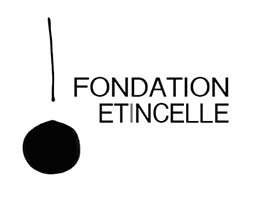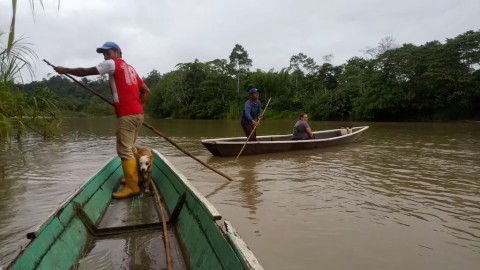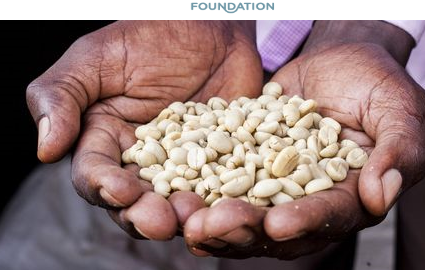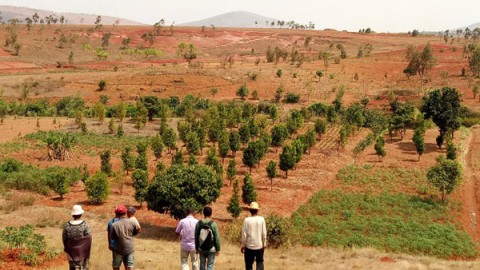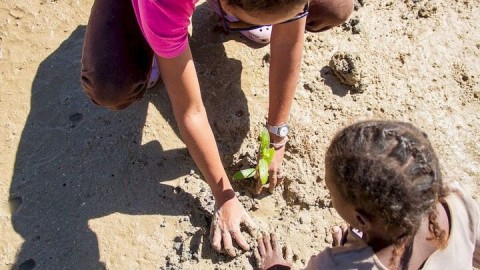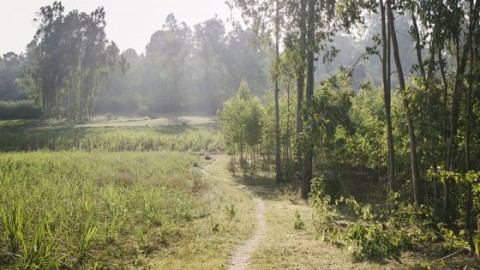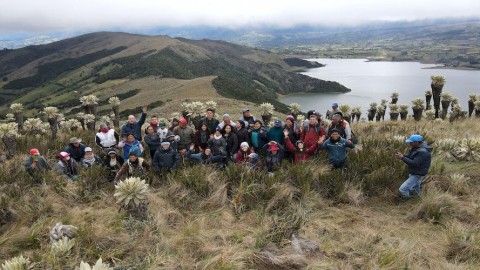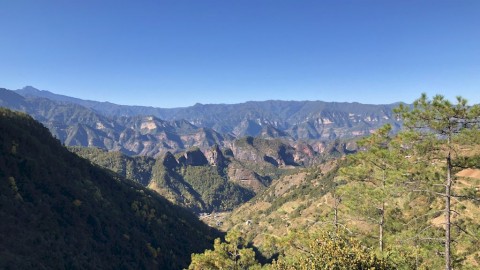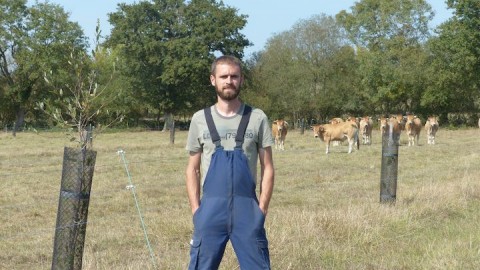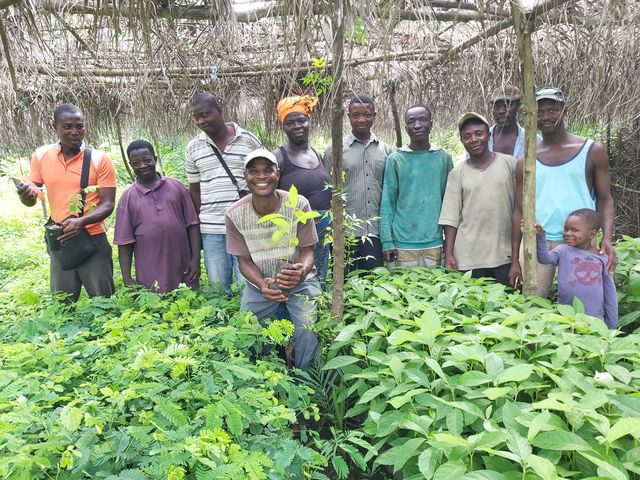
This project is funded entirely by the Etincelle Foundation!
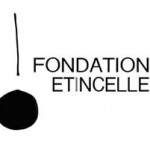
Background & challenges
This project is located in the Zio river valley, in the Maritime region of Togo. Very early on, this region saw significant agricultural exploitation and the installation of a number of industrial and mining units. In recent years, the region has experienced strong demographic pressure linked to its proximity to the capital Lomé, which has led to significant degradation of vegetation, soil and surface water.
The region’s main activity is agriculture. The most widespread method in Togo is semi-sedentary production, using natural fallow as a means of regenerating the soil. This practice is no longer used in the maritime region because of the high human density. This leads to severe degradation of the soil, which is eroded and very unprofitable.
Households also lack wood for energy and timber. To obtain wood, they have no choice but to attack the gallery forest of the river Zio, which is deteriorating daily. To provide solutions to this situation in each of the 4 villages, the project aims to plant a total of 15,000 perennial trees.
In response, two action plans have been put in place:
- 1. Agroforestry, with the planting of fertiliser trees and fruit trees on farmers’ plots, planted in corridors or in scattered stands.
This will make it possible to
– naturally enrich the soil
– improve yields for food crops (maize, cassava, taro, yams, market gardening, etc.);
– diversify beneficiaries’ yields;
– enable beneficiaries to grow their crops without chemical inputs or GMO seeds;
– enrich the surrounding biodiversity. - 2. Forestry, with the establishment of nearby forests to enable villagers to recover firewood, timber and fodder and thus protect the forest of the River Zio.
Project type

Agroforestry et forestry
Beneficiaries

Smallholder families and individuals, plus groups organised by the village chiefdom and Village Development Committee
120 farming families, with 30 beneficiary families per village.
Number of trees

20 000 trees planted for a total of 15 000 remaining trees at the end of the project
Species planted

Fertiliser trees : Samanea saman, Albizia stipulata, Albizia lebbeck, Gliricidia sepium,
Forest trees : Terminalia superba, Terminalia ivorensis, Cola cordifolia, Mélina, Tectonia grandis
Fruit trees: coconut and citrus trees
Partner

Association for the promotion of fertiliser trees, agroforestry and forestry (APAF)
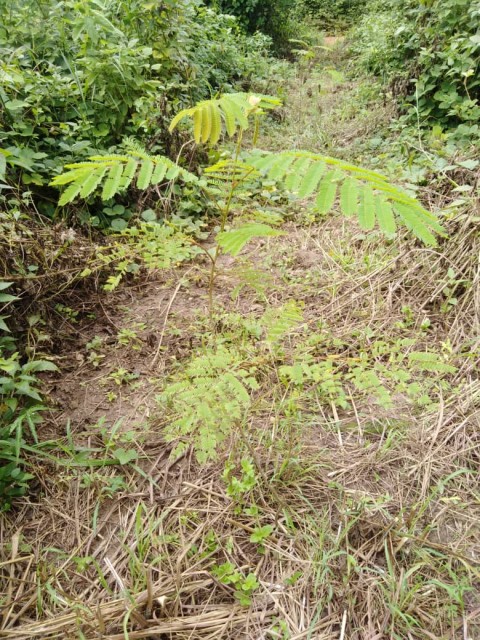
Works timeline
Awareness-raising and training in agroforestry and forestry, field monitoring and fire control take place throughout the year.
April to May 2023 :
- Revitalisation of the fire-fighting teams in the villages;
- Resumption of contacts and awareness-raising with the chiefdom, the CVDs and the local population, Formation of a committee of nurserymen ;
- Information and training for nurserymen, Programming of nursery activities;
- Acquisition and supply of small agricultural equipment to nursery committees.
- Preparation of nursery sites – Potting of bags – Setting up nurseries and agroforestry and forestry seedlings in pots
May to August 2023: Watering the seedlings, monitoring the seedlings and seedlings and weeding the nurseries.
- May to September 2023 :
Distribution of seedlings to beneficiaries;
Support for the planting of agroforestry and forest trees. - July to December 2023: Monitoring of seedlings and geolocation of fields
- Years 2024 to 2026: Monitoring and maintenance of plantations
Planting partner
- Sustainably cultivate the same plots of land year after year, generation after generation
- Increase their revenue and diversify the sources
- Preserve and rebuild biodiversity
- Preserve and restore forest ecosystems
- Reduce their workload and gain more independence (women)
These methods take into consideration traditional practices, the reality of the situation for smallholders and their way of thinking. As a result, uptake of APAF’s alternative approach is rapid and widescale thanks to ‘word of mouth’.
Budget
The total budget to be raised is €37,500, i.e. €2.50 per tree planted, broken down as follows:
- 95% allocated to the planting project
– Technical supervision, local administrative costs and steering: €0.68
– Materials, equipment, seeds: €0.57
– Logistics: €0.69
– Provision for risk coverage: €0.06
– Collection, monitoring and communication costs shared across all A Tree for You projects (15%) : 0,375€ - and 5% (€0.125) for A Tree for You structural costs.
The project is entirely funded by the Etincelle Foundation
